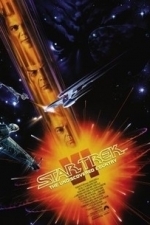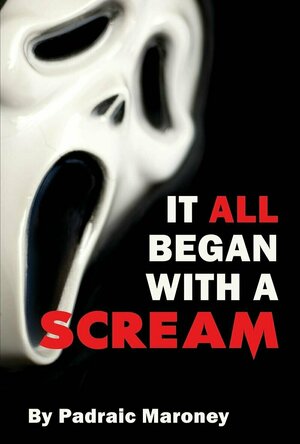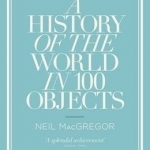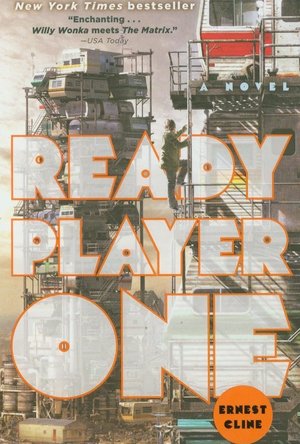
This Day in Pink Floyd
Music and Entertainment
App
This Day in Pink Floyd is the official app - the ultimate accompaniment to the ultimate band. "The...

SongPop 2 - Guess The Song
Games and Music
App
Join the world's largest music trivia community! Listen to actual songs and guess as fast as you...
Bob Mann (459 KP) rated Star Trek VI - The Undiscovered Country (1991) in Movies
Sep 28, 2021
Trek got firmly back in the fast lane again with this movie. The fun was back! David Warner becomes the only character to date to appear in two consecutive Trek films as different characters (with curiously Michael Dorn becoming the next – see below!). He gets a meatier part this time though. But he – and indeed everyone else – is upstaged by Plummer’s marvellously over-the-top performance.
Iman is memorable as a cigar-smoking shape-shifting alien, leading to some wonderful Kirk-on-Kirk action, and the delivery of one of the best lines of comedy in the series: surprisingly self-deprecating for the normally ego-centric Shatner. There’s also a welcome call-back to the ‘Kirk gets the girl’ joke of the original series, which you realise, with a shock, has been completely missing from all of the previous movie outings.
There are also a nice range of cameo appearances in here. Christian Slater – a lifelong Trek-fan – has a bit part: apparently he framed, rather than cashed, his cheque! And Michael Dorn – already playing Worf in “The Next Generation”, and to appear as Worf in the next movie – plays Worf’s grandfather, a Klingon defence attorney!
But my favourite piece of trivia relates to a completely different film. Al Pacino was filming “Frankie and Johnny” in the studio at the same time, and a scene (sadly cut from the final film) called for Pacino to look surprised after opening a door. So director Garry Marshall arranged for Shatner, Nimoy and Kelley in full Star Trek costume, to be standing behind the door when he opened it. (Garry Marshall quote here). Love it!
Mark @ Carstairs Considers (2484 KP) rated It All Began with a Scream in Books
Nov 11, 2021 (Updated Nov 11, 2021)
Despite my normal cozy mystery reads, I am obsessed with the Scream franchise, so as soon as I learned about this book, I knew I had to get it. I appreciated the interviews and research that went into this book. There were fewer bits of trivia I didn’t know about the original movie, but the sections on Screams 3 and 4 made me understand some of my issues with those films better. I did feel that the writing lacked a bit of passion that kept me out, and many of the quotes could have been cleaned up for clarity to make the reading better. I would have really appreciated it if the author had included a person’s full name and their position in the crew more than the first time he mentioned them. There are a handful of typos throughout the book, and that wouldn’t bother me, except that each time my alma mater was mentioned by name, it was listed as Santa Rosa high school instead of Santa Rosa High School. Yes, it’s silly, but it bugged me. I also take exception to the producer interviewed about that controversy saying not getting to film at the school was censorship. While there is much to be said on the subject (and both sides behaved poorly during the controversy), it was never censorship. Overall, the writing issues keep me from giving the book a full recommendation, but I am glad I read it.
Janeeny (200 KP) rated A History of the World in 100 Objects in Books
Jun 10, 2019
I’ve had this for 6 years and have been reluctant to read this as I have to be in the right frame of mind for certain non-fiction books. Especially ones that seem like they are going to be a stream of facts with not a lot of context, so “A History of the world . . “ pleasantly surprised me. This book isn’t weighed down with facts and history, the author doesn’t go into too much uneccesary detail or waffle on too much. He provides just enough information to peak your interest.
Each object has its own chapter, and each chapter is reassuringly only a few pages long and nicely segmented. Its a bite-size history of the era in which the object was made, the story of the finding the object, and a couple of ‘expert’ opinions on the objects impact on the world.
When I read Non-fiction I like to come away from the experience with a ‘Party fact’ (you know, that bit of useless trivia you tell people at social gatherings to either fill a silence or sound interesting) and I certainly got my fair share with this book.
My party fact would be the flood tablet, the story on the tablet tells the tale of a man who was told by his god to build a boat and load it with his family and animals because a deluge is about to wipe humanity from earth. The thing that made this stick in my mind was that it pre-dated the Noah story by about 400 years.
Of course, since reading I’ve looked into this and found out that there are many flood stories that pre-date Noah, but at the time I was thinking “How does the world not know about this?” “Does Richard Dawkins know about this?” A little research has prevented me from a social faux pas, but still it’s all intriguing.
The History of the world in 100 objects, does exactly what it says on the tin!
Cynthia Armistead (17 KP) rated Ready Player One in Books
Mar 1, 2018
Wade explains to the reader that he was born after humanity wore the world out and escaped to OASIS, a massive simulation that has replaced the internet and all other forms of entertainment. Nobody seems to spend time in reality any more, because it sucks. There are multiple wars going on over the few energy sources that are left. Poverty, hunger, and homelessness are rampant everywhere.
Most people who are fortunate enough to live indoors at all are like Wade, who lives with his aunt and her latest boyfriend in a three-bedroom doublewide trailer shared with 17 people. The trailer is at least near the top of a stack, which is just what it sounds like: a stack of trailers 10 or so high, so many across and wide, so that 500 or more trailers are held together with rusted scaffolding, chains, and whatever other reinforcements people have added over the years. Stack collapses are common.
Wade spends most of his time in his hideout, the back of an old van that's parked in a junkyard and crammed in a stack of vehicles. That's where he keeps his computer and other equipment, so he can attend school (in OASIS, of course) and spend time research The Contest, which is the center of his life.
The creater of OASIS, James Halliday, created The Contest in his will. Whoever wins it will inherit Halliday's vast fortune and control of OASIS. At the opening of the novel, it has been five years since Halliday died and contestants are ridiculed in everyday society as obsessive losers.
Wade's quest through The Contest and his fight to simply survive is far more interesting than I thought it would be. I'll also admit to being entertained by the 80s trivia that pops up throughout the book (integral to The Contest). I'm biased, as I was a teen during those years.
I wholeheartedly recommend this book. It's one of the very few that I'll be saving to re-read in the future.

Ristar Classic
Games and Stickers
App
Travel the galaxy in SEGA’s classic platformer Ristar, now available on mobile. Play free and...

iKnow Birds 2 PRO - The Field Guide to the Birds of North America
Reference and Education
App
The ultimate FIELD GUIDE to BIRDS OF NORTH AMERICA, all in the palm of your hand! Finally, you have...
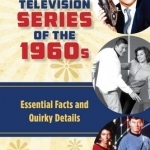
Television Series of the 1960s: Essential Facts and Quirky Details
Book
By 1960, watching television had become the pastime of millions of viewers around the world. Week...
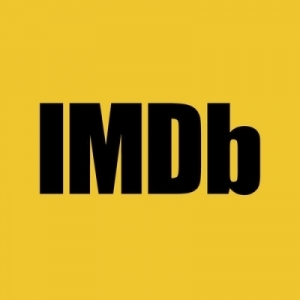
IMDb Movies & TV
Entertainment, Lifestyle and Reference
App
IMDb – the world’s most popular and authoritative source for movie, TV, and celebrity content. ...
Movies TV MovieStars Credits MoviePhotos
